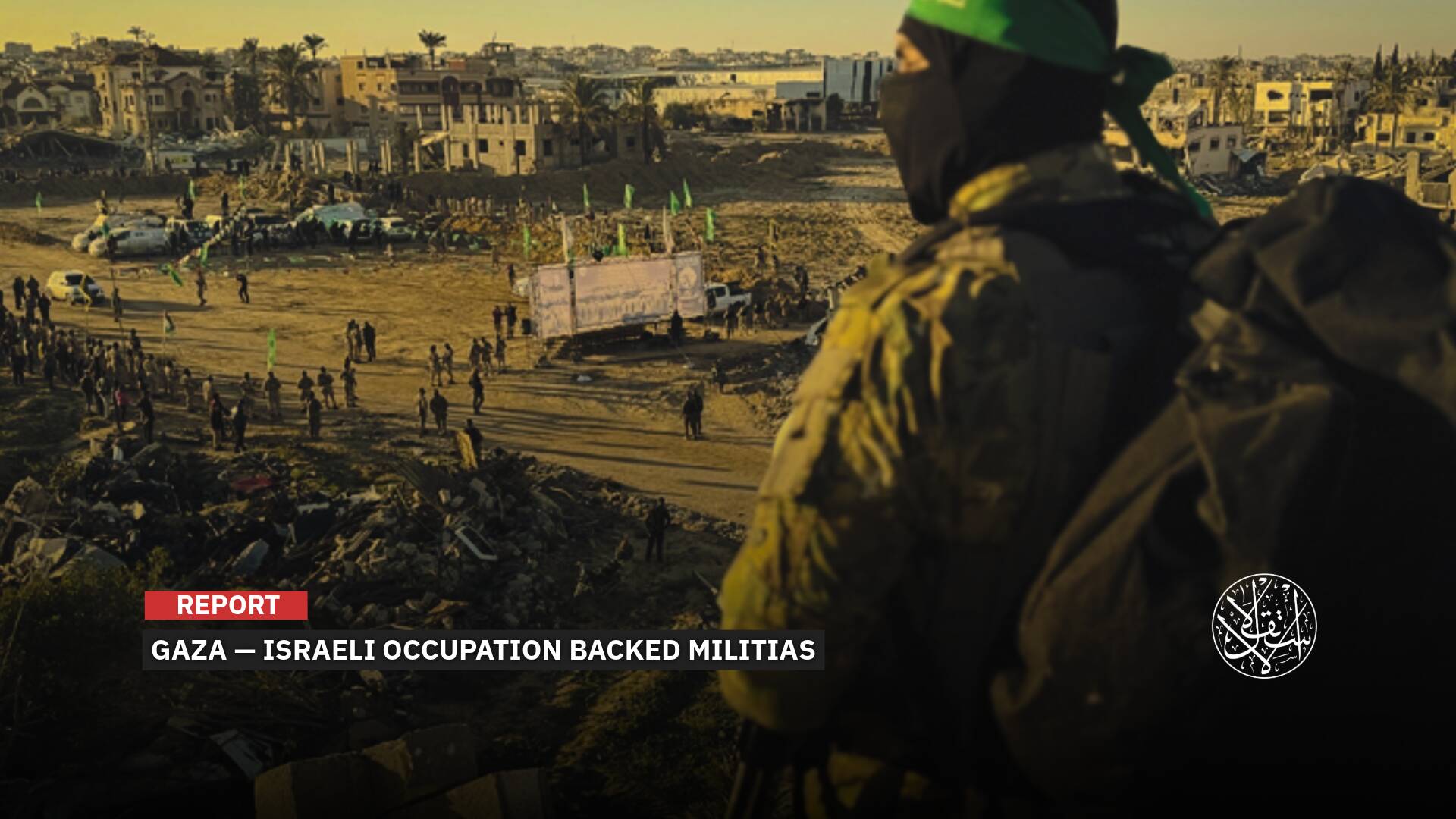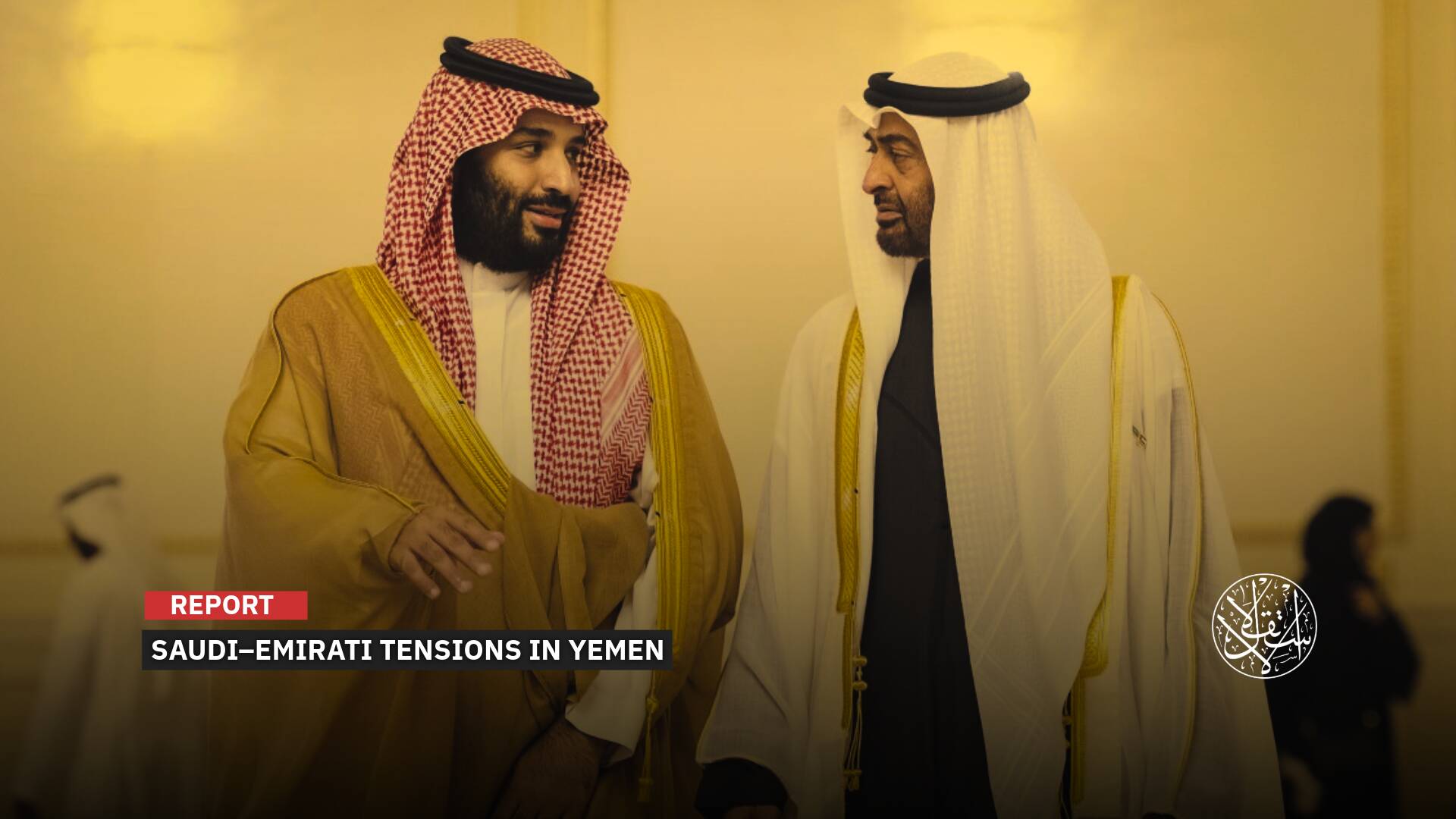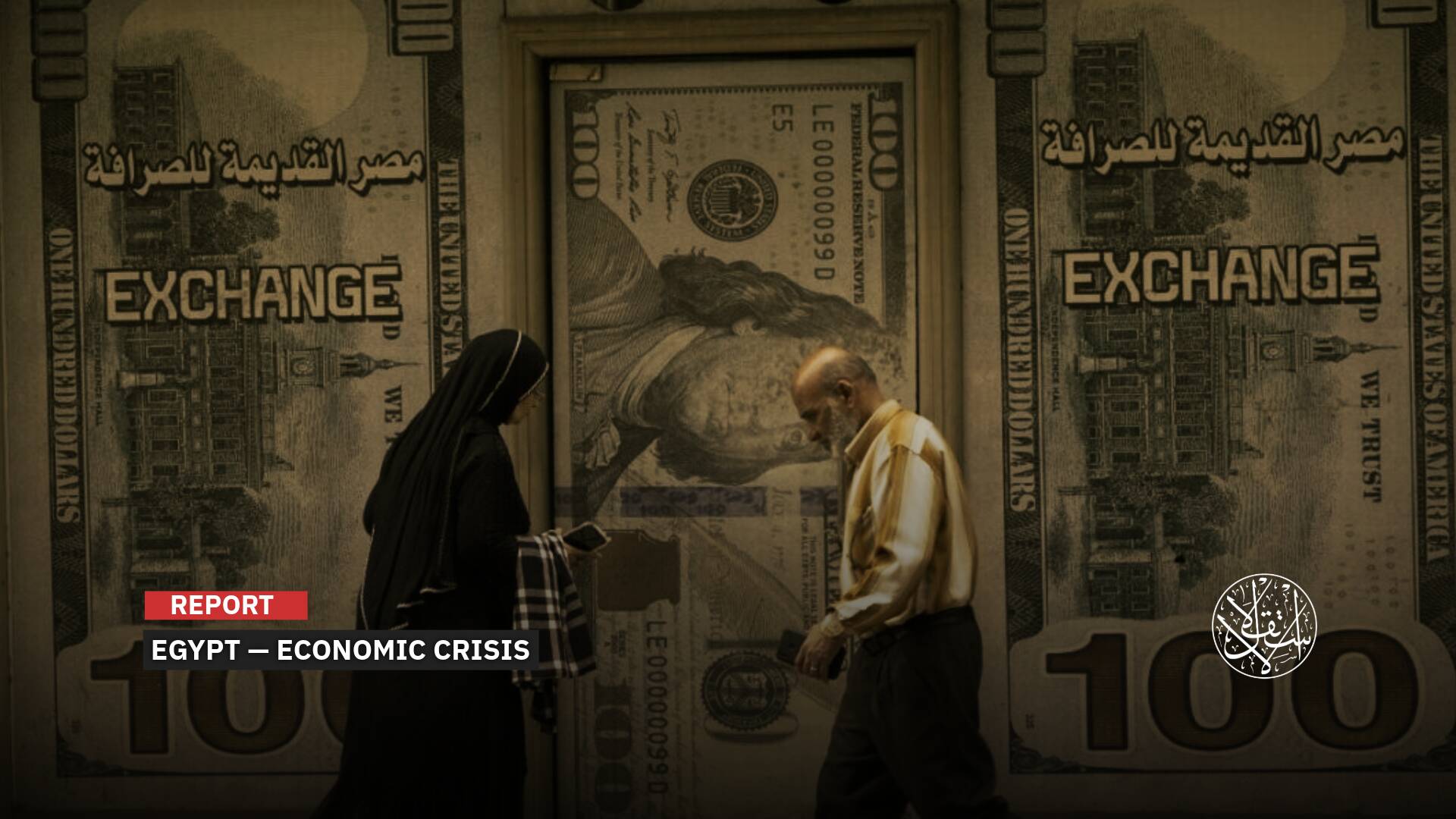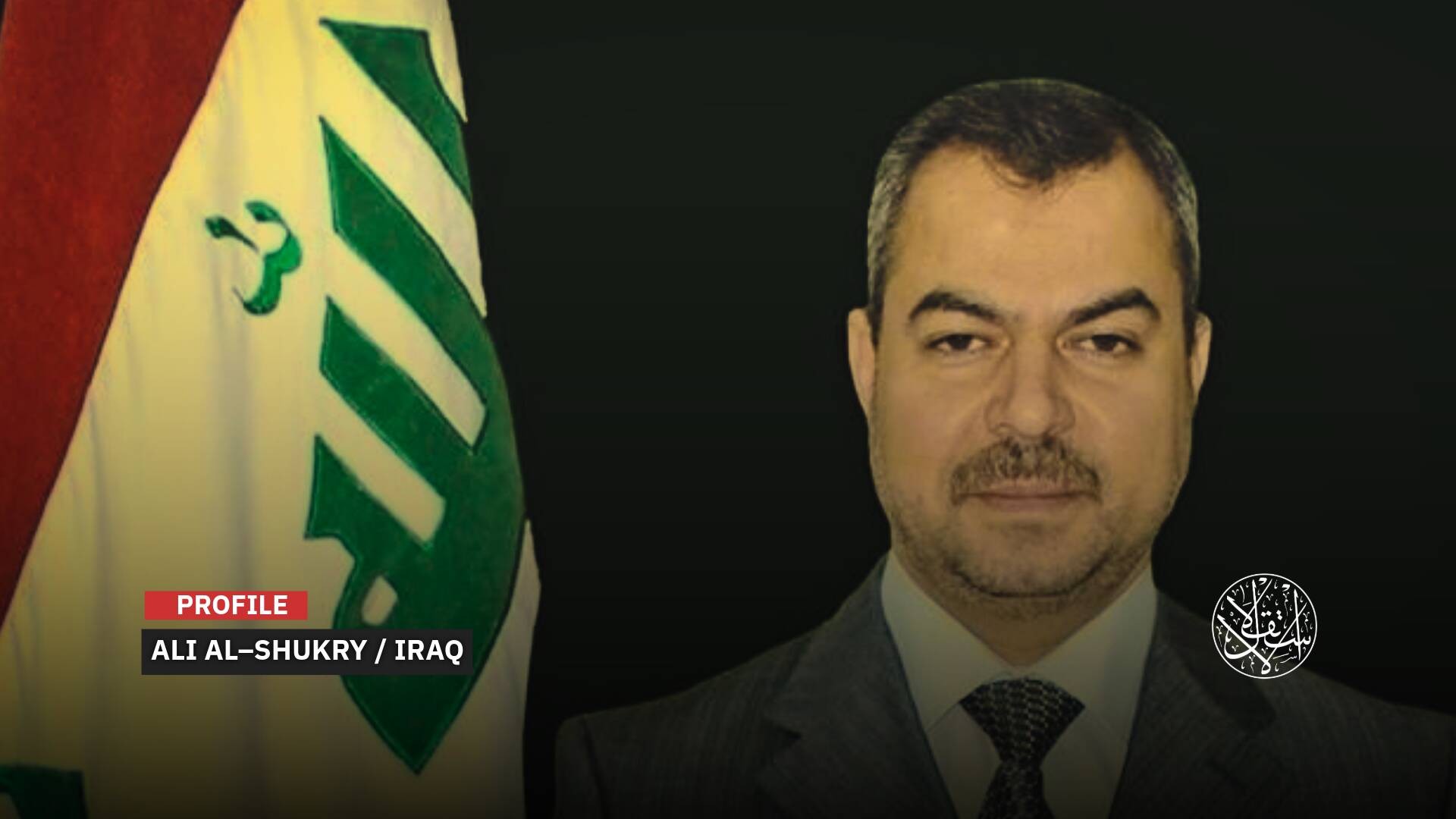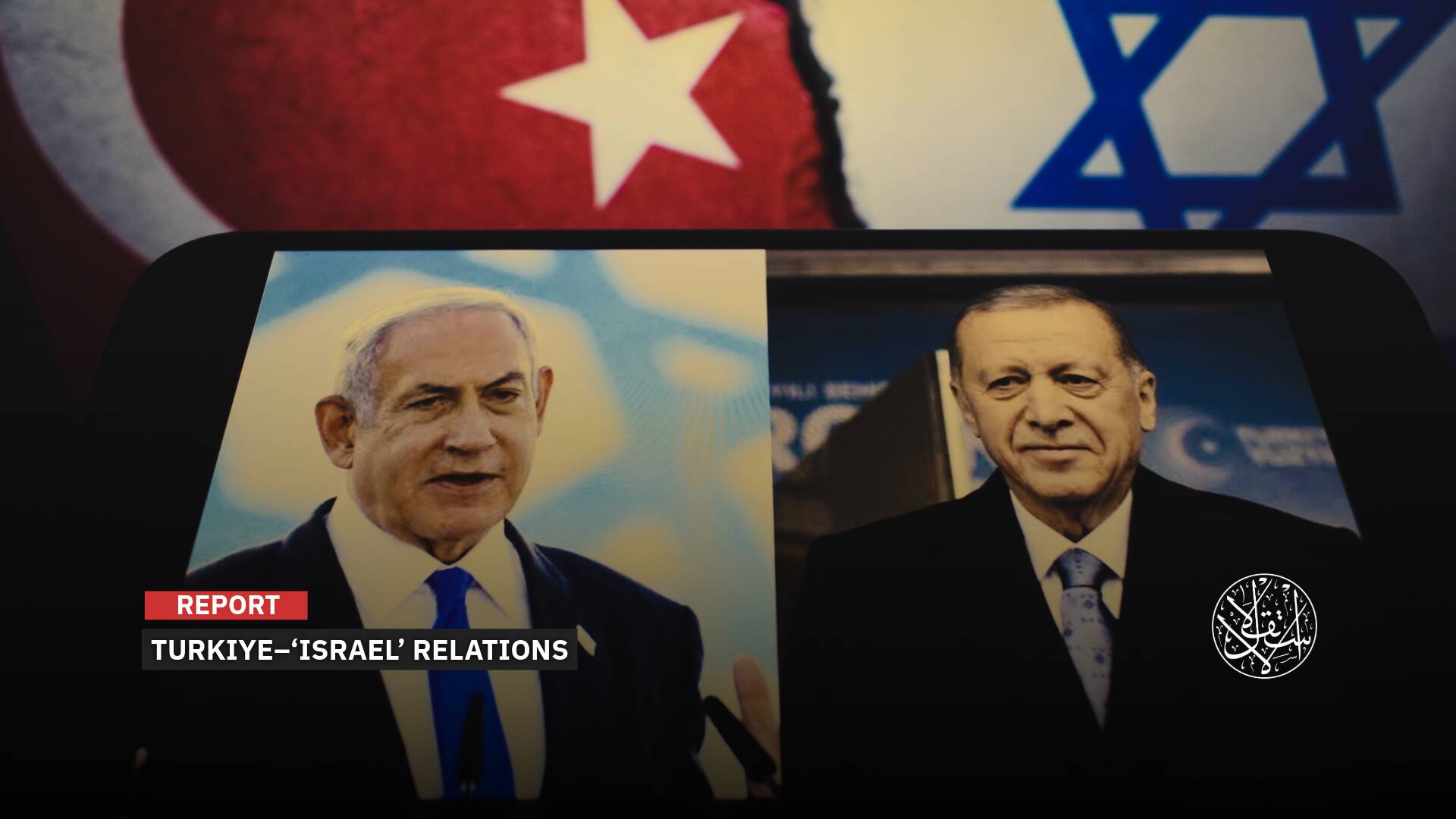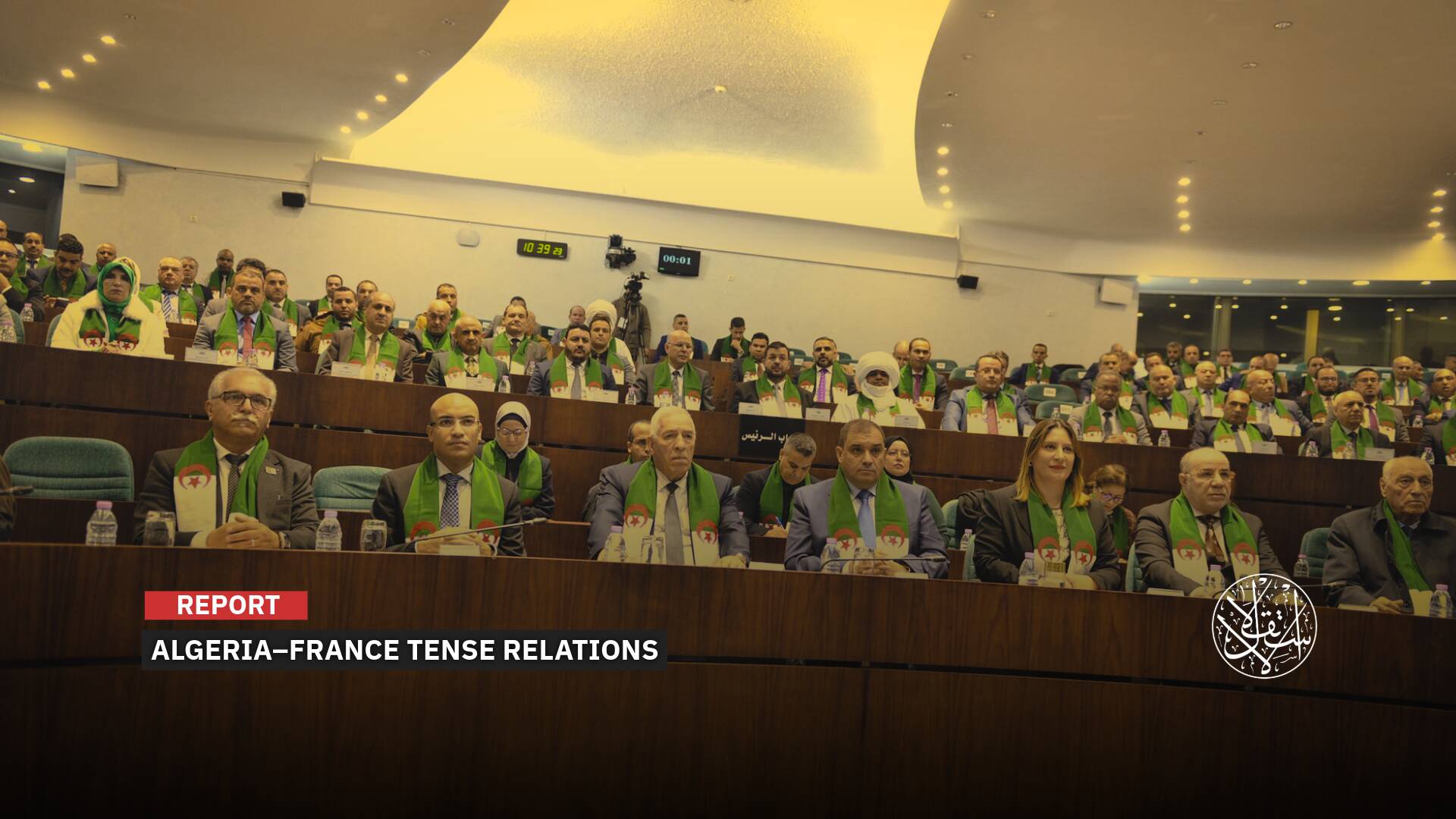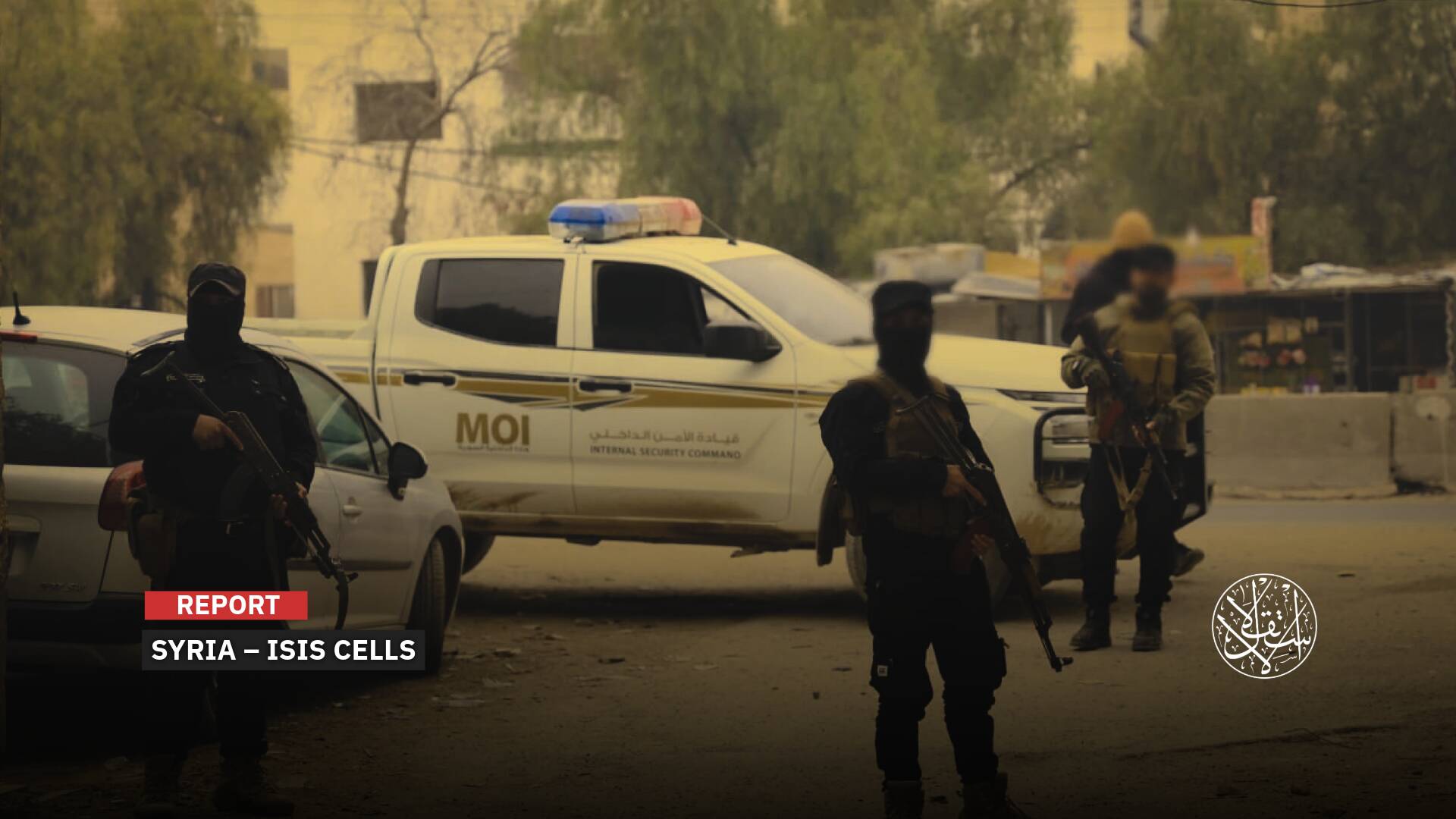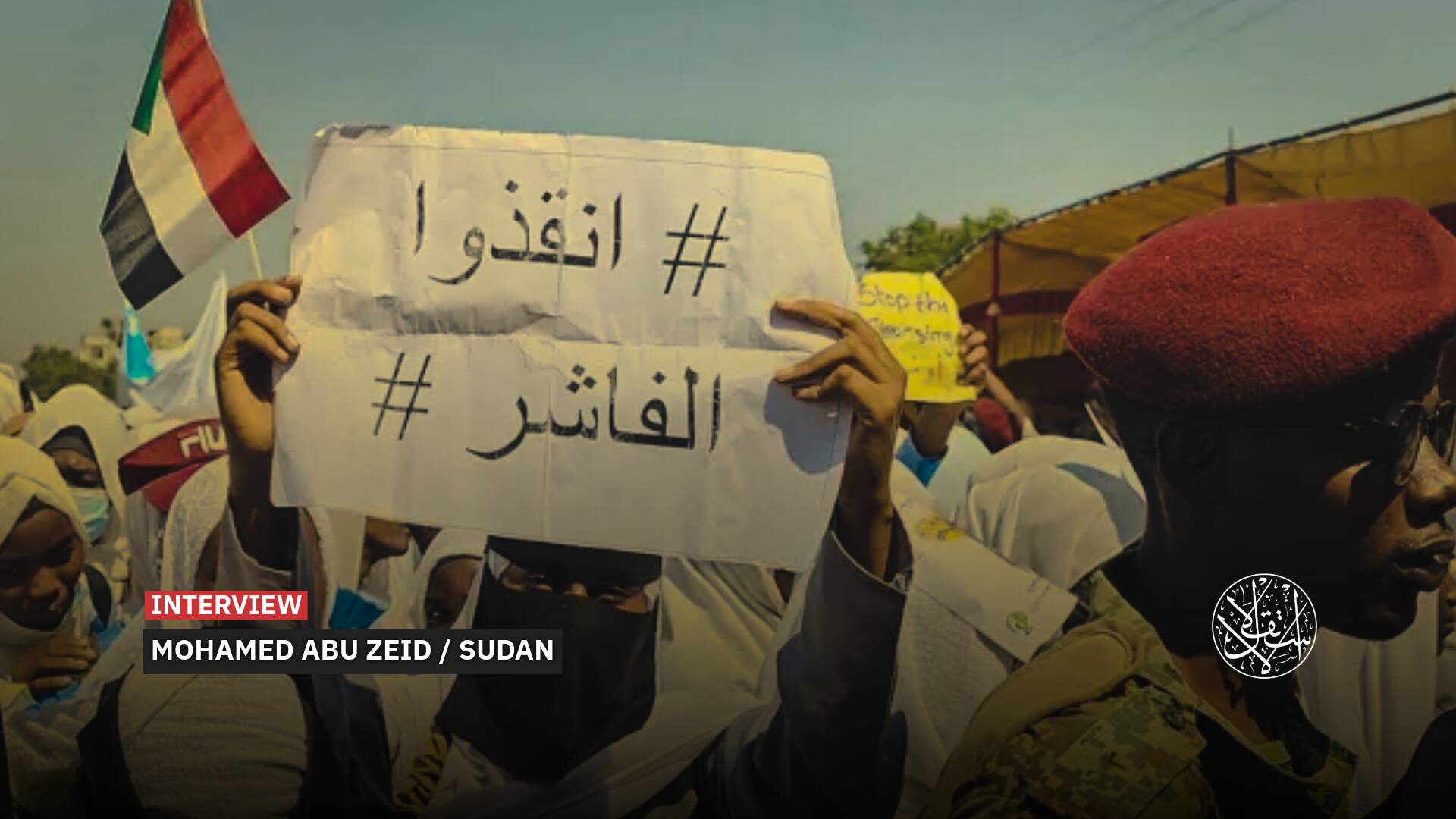How Burning the Swedish Embassy in Baghdad Impact the Ambitions of Iranian Gov.

The incident of burning copies of the Quran in Sweden continues to escalate in Iraq, especially after the incident of storming the Swedish embassy in Baghdad, which was followed by the expulsion of the Swedish Ambassador Jessica Svartstrom and the withdrawal of the Iraqi Chargé d’Affaires there, resulting in the severing of relations between the two countries.
The decision by Iraq came after an emergency government meeting on July 20, 2023, just hours after the Swedish embassy in Baghdad was set on fire during a demonstration organized by supporters of Muqtada al-Sadr, rejecting the Swedish authorities’ permission to burn a copy of the Quran and the Iraqi flag.
On June 28, 2023, Salwan Momika, an Iraqi resident in Sweden, tore a copy of the Quran and set it on fire at the Stockholm Central Mosque after being granted permission by the police to hold a protest in response to a judicial ruling. This act sparked widespread condemnation in the Arab and Muslim world.
Ongoing Repercussions
In light of the attack on the Swedish embassy in Baghdad and its burning on July 20, 2023, the German Defense Minister, Boris Pistorius, canceled an official visit to Iraq and Jordan due to “security concerns” arising from the protests against the burning of the Quran.
A spokesperson for the German Ministry of Defense stated on July 23, 2023, that Minister Pistorius canceled the visit, which was supposed to last several days, also in response to violent protests against a Danish non-governmental organization in Iraq.
The spokesperson added that, in addition to the possibility of further protests in the coming days, German security forces advised against the visit, and it may be rescheduled for later, possibly in the last quarter of the year.
According to German authorities, the situation in Iraq remains unpredictable, and to mitigate potential risks, they have also taken steps to enhance the protection of German diplomatic personnel in Baghdad.

The German embassy in Baghdad, unlike many other government missions, is located outside the Green Zone in the center of Baghdad and has not been affected by the violent protests.
The trip of the German Defense Minister was intended to inspect the German military mission in Iraq and assess its position on the ground before extending its mission.
Minister Pistorius wanted to meet with his country’s troops stationed in Baghdad, and a meeting with his Iraqi counterpart, Thabet al-Abbasi, was also planned.
The German military is participating in a training mission led by NATO for the Iraqi armed forces to better prepare them for fighting against terrorist groups.
Intentional Act
Regarding the repercussions of the Swedish embassy’s attack, the Iraqi political analyst, Fadel al-Badrani, said that the operation thwarted political and official efforts of Mohammed Shia’ al-Sudani’s government, which had been sending reassuring messages for eight months about the country’s stability.
Al-Badrani explained in an interview with Al-Estiklal that “the burning of the embassy did not happen according to a well-thought-out plan but was carried out by a group of young people who were provoked by the issue of burning a copy of the Holy Quran. Consequently, they set fire to the Swedish embassy, and this will cause significant losses for the country.”
He added, “Iraq should have handled the situation diplomatically, as other friendly and neighboring countries do, resorting to peaceful demonstrations to express their grievances rather than jeopardizing the security of embassies as if we had crossed the borders of these countries. This act is not in Iraq’s best interest.”
Al-Badrani believed that “the decision to postpone the visit of the German Defense Minister due to security challenges and making it public indicates that the incidents of burning copies of the Quran were a crisis in Western countries, an attempt to export Western racism to the East.”
He further added that “Germany supports this racism, so it would have been better not to announce the cancellation of the visit by their defense minister because it signifies a political blow to Iraq and shows that the matter was premeditated and coordinated between several countries.”
Al-Badrani also mentioned that “Iraq is being targeted by a racist campaign because the person who burned a copy of the Quran is an Iraqi national, and the incident took place in front of the Baghdad embassy in Stockholm, in addition to burning the image of a religious and political figure, Muqtada al-Sadr. Therefore, it is a deliberate operation to provoke Iraqis.”
On the other hand, on July 20, 2023, Sweden summoned the Iraqi Chargé d’Affaires in Stockholm and protested against the burning of its embassy in Baghdad.
Swedish Foreign Minister Tobias Billstrom said in a statement that “what happened to our embassy is totally unacceptable, and the government condemns these attacks in the strongest terms.”
He added, “The Iraqi authorities have a clear duty to protect diplomatic missions and personnel under the Vienna Convention.”
He expressed that “it is clear that the Iraqi authorities have seriously failed in fulfilling their responsibilities in protecting our embassy.” According to the Swedish Ministry of Foreign Affairs, its embassy staff in Baghdad are safe.
⭕️#عاجل
— هشام علي :: husham ali (@husham_ali1) July 19, 2023
حرق السفارة السويدية في بغداد pic.twitter.com/qSRfoKbPXp
Possible Consequences
In the same context, Iraqi media professor Ghalib al-Daamy stated that “burning a copy of the Quran in Sweden targeted the Iraqi embassy itself as the incident occurred in front of its building, in addition to burning the Iraqi flag along with it, which confirms the targeting. However, the reaction was swift.”
During a TV interview on July 23, 2023, al-Daamy expressed his wish that “the crowd called by Muqtada al-Sadr for protest would have stayed away from the embassy and chanted slogans only, to send a strong message there.”
He believed that “there could be possible external repercussions against Iraq due to the burning of the Swedish embassy. The protesters in Baghdad hold ideological and political beliefs, and we did not notice citizens who do not belong to the Sadr movement or the coordinating framework.”
He pointed out that “burning the Swedish embassy is not in Iraq’s interest, as it portrays the country in a chaotic manner and proves that chaos is the way to solve its problems. This damages our reputation, history, and even future investments in the country, as foreign companies will hesitate to come back.”
Al-Daamy also highlighted that “the issue of burning the Swedish embassy has been politically exploited in Iraq, as Muqtada al-Sadr’s movement, by reaching embassy premises, lost international support for his potential presidency in the upcoming government. His opponents inside the country portrayed him as unfit to govern the state and only capable of causing chaos.”
The leader of the pro-Iranian Shiite coalition Asa’ib Ahl al-Haq, Qais Khazali, called for refraining from any action that weakens Iraq as a state and emphasized that it is the government’s duty to protect diplomatic missions. He stated this in a statement on July 22, 2023.
On the other hand, the leader of the Kata’ib al-Imam Ali militia, Shubul al-Zaidi, criticized the protests by Muqtada al-Sadr’s followers in a tweet on July 22, 2023, asserting that “what some of our brothers are doing undermines the state’s authority in front of the international community, as if there is an authority above the law in Iraq, and we are a country that has lost control.”
Hussain Mouanes, the head of the Hoquq parliamentary bloc, which is the political wing of the Iraqi militia Kata’ib Hezbollah, affirmed in a tweet on July 20, 2023, that “Iraqi diplomacy and security apparatus are under a test whether they will be able to retrieve the fool [Salwan Momika] who attacked the country’s flag and its sanctities, or not; anything less than that would be humiliating and degrading.”
— حسين مؤنس (@HussainMouanes) July 20, 2023
Sources
- Security concerns prompt the German Minister of Defense to cancel his visit to Iraq [Arabic]
- Statement of the Iraqi Presidency on the burning of the Swedish Embassy in Baghdad [Arabic]
- Iraq: Release of detained journalists during the Swedish embassy burning incident [Arabic]
- Iraq: Iranian-allied militias take a different position from Sadr in the crisis of burning copies of the Qur'an [Arabic]
- Iraq expels Sweden's ambassador and summons his charge d'affaires there "in protest against the burning of the Qur'an" [Arabic]
- German Defense Minister cancels his visit to Iraq for security reasons [Arabic]


